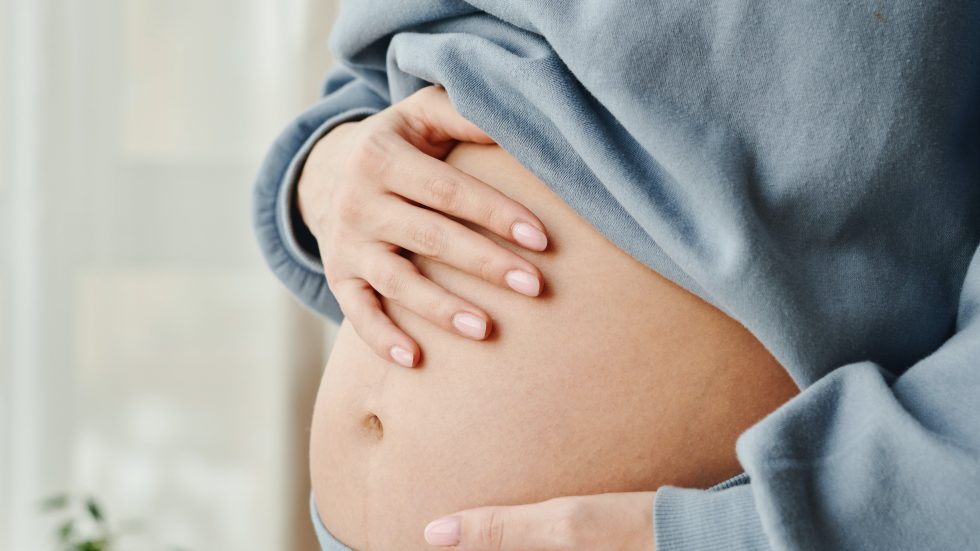Pregnancy https://mfcfamily.com/ is filled with awe and curiosity especially when it comes to the connection between mother and baby. A common question that arises is If I’m in pain, can my baby feel it too? Understanding this topic requires a closer look at fetal development and how mother and baby are connected both physically and emotionally.
The Mother-Baby Connection
From the earliest weeks of pregnancy https://mfcfamily.com/, your body and your baby are intricately linked. Through the placenta and umbilical cord, your baby receives oxygen, nutrients, and even hormonal cues from your body. But when it comes to physical sensations—like pain—the connection is more complex.
Does the Baby Feel What You Feel?
The short answer is not directly. Your baby does not feel your physical pain in the same way that you do. Here’s why:
1. Pain Is a Brain Experience
Pain is processed in the brain. For your baby to feel pain, their nervous system—particularly the brain and spinal cord—must be developed enough to interpret and respond to pain signals. Research shows that the fetal nervous system begins developing early, but it isn’t until around 24 to 28 weeks of gestation that the pathways needed to potentially feel pain start forming.
Even then, there’s debate about when a fetus is truly capable of experiencing pain consciously, as that also requires the maturation of the cerebral cortex and connections with other parts of the brain.
2. Your Baby Is Protected
Your womb acts as a cushion physically and emotionally. While your baby is exposed to your hormones (including stress hormones like cortisol), they are not exposed to the physical experience of pain such as a pulled muscle or a headache.
If you stub your toe or have a backache, your baby may pick up on your emotional state if you become stressed, anxious, or your heart rate changes. But they do not feel your injury or soreness themselves.
Emotional Stress vs. Physical Pain
While your baby doesn’t feel your back pain or morning sickness directly, they can be affected by chronic stress. High levels of maternal stress over time may influence fetal development, particularly in the brain and immune system. That’s why it’s so important to manage your emotional well-being during pregnancy.
When Can Babies Feel Their Own Pain?
Studies suggest that around the third trimester, babies may be capable of responding to painful stimuli themselves. For example, they may pull away from a needle during a medical procedure like an amniocentesis. But this is separate from feeling their mother’s physical pain.
How to Care for Yourself—and Your Baby
Here are a few ways to support both you and your growing baby:
- Practice stress-reducing activities: Yoga, meditation, journaling, or even a warm bath can help lower stress levels.
- Prioritize rest and comfort: Your comfort matters! If you’re in pain, speak to your healthcare provider about safe ways to manage it during pregnancy.
- Stay connected: Emotional support from your partner, friends, or a therapist can go a long way in supporting both your mental and physical health.
While your baby doesn’t feel your physical pain, they are deeply connected to your emotional state and overall well-being. Taking care of yourself is one of the best things you can do for your baby. If you’re ever in significant or persistent pain during pregnancy, don’t hesitate to contact your healthcare provider https://mfcfamily.com/. They can help keep both you and your baby safe and healthy.
At Midwest Fertility Center https://mfcfamily.com/, we’re here to support you at every step of your journey—from fertility through pregnancy. If you have questions about pregnancy health, pain, or emotional well-being, don’t hesitate to reach out 1-630-810-0212 https://mfcfamily.com/. Your peace of mind matters.

